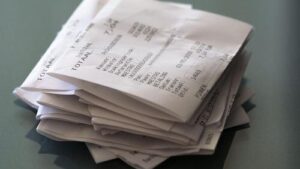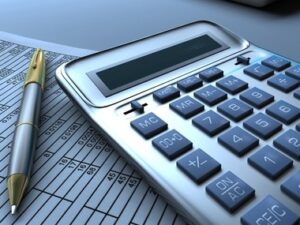3 Last Minute Tax Planning Strategies for Independent Pharmacies
Navigating the complexities of tax planning for pharmacies can be tricky.
However, after over 40 years of working with independent pharmacies, we’ve seen the good, the bad and the ugly when it comes to tax planning for independent pharmacies.
In previous years, strategies such as equipment purchases and depreciation, we’re a very effective tax planning strategy for pharmacies, and still are, but what are some other last-minute tax planning strategies for 2023?
In this blog we delve into 3 last minute tax planning strategies for independent pharmacies. We’ll look into profit sharing, the cash method of accounting, and Section 199A the qualified business income deduction. Read more for details into how these strategies may shake out for your pharmacy.
Profit Sharing and Retirement Planning
One strategy to consider when tax planning is profit sharing and retirement planning!
A profit sharing option will give you, the pharmacy owner, the opportunity to not only fund retirement, but if you extend your tax return, the payment is not due until September of 2024 for a year end business. This is great because it will still count as a deduction for 2023, will lower tax due in April of 2024, and stretch out the cash flow hit into 3rd quarter of 2024.
This is especially helpful if you are a last-minute tax planner or if you want to have more cash on hand to deal with 2024 DIR fees.
Cash Method of Accounting
Another great strategy for pharmacies that qualify is following the cash method of accounting!
This strategy is great for several reasons, but first, let’s get into how you qualify.
In order for the cash method of accounting to be work for your pharmacy you must meet, generally, two criteria for 2023:
Average annual gross receipts that exceed $29 million for the prior three-year reporting periods
Gross receipts of related entities and those pharmacies under common ownership must aggregate their gross receipts to determine the gross receipts test
Once you qualify, be sure to plan accordingly as there could be instances where it may not make sense to switch to the cash method of accounting for your pharmacy.
With that said, in general, it can be a great tax planning tool as you write off receivables against your income.
Of course, you have to adjust for other accrual-based items such as accrued payroll, interest, prepaid expenses and the like.
Usually, a receivable balance on a pharmacy is significant so that write-off or expense when making the adjustment from accrual to cash can offset quite a bit of income.
Again, careful planning with your advisors is required plus keep in mind, inventory cannot be written off, so tread lightly there.
Section 199A
What Does This Mean for Your Pharmacy?
In conclusion, there are many tax saving strategies out there, some move the needle more than others.
No matter what strategies you may find advantageous, always work with a knowledgeable tax professional that preferably specializes in pharmacy tax. And lastly, always plan ahead. The worst time to plan for taxes is when you are filing your taxes. Best of luck this tax season!
If you’re an independent pharmacy looking to take advantage of specific tax advantages that impact your pharmacy, schedule a meeting with us or ask us a question and we would be happy to help!



